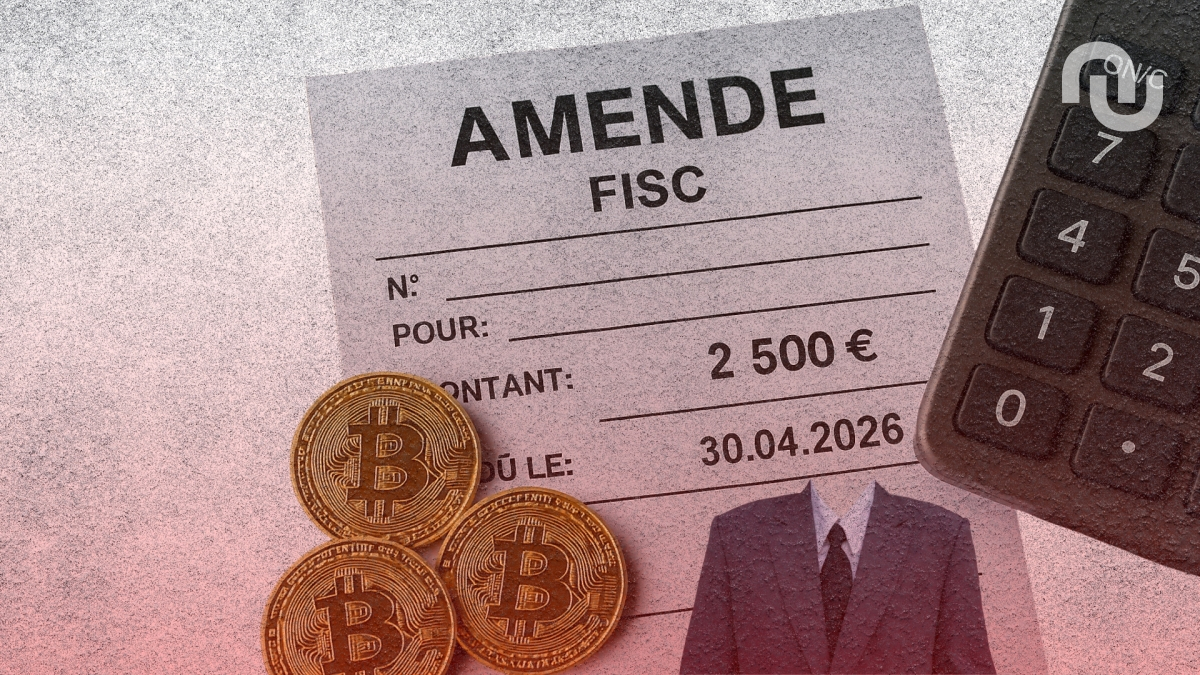655"Just a little more than a month after reaching an all-time high, Bitcoin has erased the more than 30% gain registered since the start of the year..." reports Bloomberg:
The dominant cryptocurrency fell below US$93,714 on Sunday, pushing the price beneath the closing level reached at the end of last year, when financial markets were rallying following President Donald Trump's election victory. Bitcoin soared to a record US$126,251 on Oct 6, only to begin tumbling four days later after unexpected comments on tariffs by Trump sent markets into a tailspin worldwide. "The general market is risk-off," said Matthew Hougan, the San Francisco-based chief investment officer for Bitwise Asset Management. "Crypto was the canary in the coal mine for that, it was the first to flinch."
Over the past month, many of the biggest buyers — from exchange-traded fund allocators to corporate treasuries — have quietly stepped back, depriving the market of the flow-driven support that helped propel the token to records earlier this year. For much of the year, institutions were the backbone of Bitcoin's legitimacy and its price. ETFs as a cohort took in more than US$25 billion, according to Bloomberg data, pushing assets as high as roughly US$169 billion. Their steady allocation flows helped reframe the asset as a portfolio diversifier — a hedge against inflation, monetary debasement and political disarray. But that narrative — always tenuous — is fraying afresh, leaving the market exposed to something quieter but no less destabilising: disengagement. "The selloff is a confluence of profit-taking by LTHs, institutional outflows, macro uncertainty, and leveraged longs getting wiped out," said Jake Kennis, senior research analyst at Nansen. "What is clear is that the market has temporarily chosen a downward direction after a long period of consolidation/ranging..."
Boom and bust cycles have been a constant since Bitcoin burst into the mainstream consciousness with a more than 13,000% surge in 2017, only to be followed by a plunge of almost 75% the following year... Bitcoin has whipsawed investors through the year, dropping to as low as US$74,400 in April as Trump unveiled his tariffs, before rebounding to record highs ahead of the latest retreat... The market downturn has been even tougher on smaller, less liquid tokens that traders often gravitate toward because of their higher volatility and typical outperformance during rallies. A MarketVector index tracking the bottom half of the largest 100 digital assets is down around 60% this year.


Read more of this story at Slashdot.

